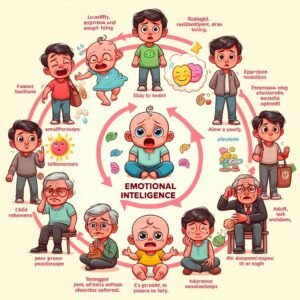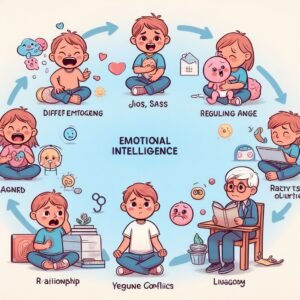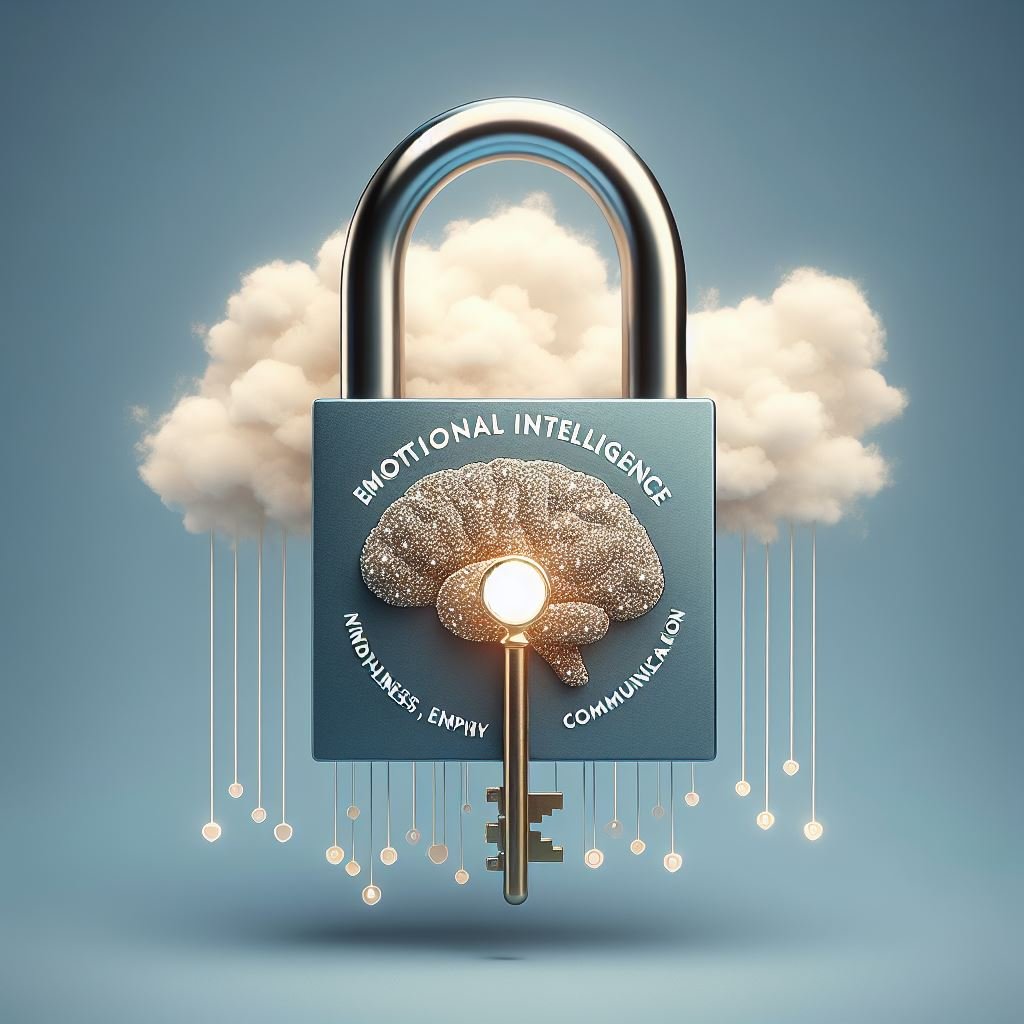The Key to Personal and Professional Success
Emotional intelligence (EI) is a critical factor in our ability to navigate life’s challenges, build meaningful relationships, and achieve success in both our personal and professional lives. In this blog, we’ll delve into the importance of emotional intelligence, explore its various components, and discuss practical ways to enhance and develop this essential skill set.
Understanding Emotional Intelligence:
Emotional intelligence encompasses a range of abilities related to recognizing, understanding, and managing emotions – both our own and those of others. It involves four primary components:
- Self-awareness: The ability to recognize and understand our own emotions, as well as their impact on our thoughts, behaviors, and decision-making processes.
- Self-regulation: The capacity to manage and control our emotions effectively, including the ability to stay calm under pressure, control impulses, and adapt to changing circumstances.
- Social awareness: The skill of empathizing with others and understanding their emotions, perspectives, and needs. It involves being attuned to social cues and demonstrating empathy and compassion.
- Relationship management: The ability to navigate social interactions, communicate effectively, resolve conflicts, and build and maintain healthy relationships.
Why Emotional Intelligence Matters:
Emotional intelligence plays a significant role in various aspects of our lives, including:
- Personal Relationships: Strong emotional intelligence fosters deeper connections and more fulfilling relationships with family, friends, and romantic partners.
- Workplace Success: Employers increasingly value emotional intelligence in the workplace, as it correlates with leadership effectiveness, teamwork, and overall job performance.
- Mental Health and Well-being: Developing emotional intelligence can enhance resilience, reduce stress, and improve overall mental and emotional well-being.
Practical Strategies to Improve Emotional Intelligence:
Fortunately, emotional intelligence is not a fixed trait – it can be developed and strengthened over time with practice and intentionality. Here are some practical strategies to enhance your emotional intelligence:
- Practice Self-awareness: Take time to reflect on your emotions, thoughts, and reactions. Keep a journal, engage in mindfulness practices, or seek feedback from others to gain insights into your emotional patterns and triggers.
- Cultivate Self-regulation: Learn to manage stress, regulate your emotions, and respond to challenging situations with calm and composure. Practice deep breathing, visualization, or other relaxation techniques to stay grounded in moments of stress.
- Enhance Social Awareness: Practice active listening, empathy, and perspective-taking to better understand the emotions and experiences of others. Pay attention to nonverbal cues, such as body language and facial expressions, to deepen your understanding of social dynamics.
- Develop Relationship Management Skills: Focus on building strong communication skills, conflict resolution abilities, and interpersonal effectiveness. Practice assertiveness, active listening, and collaborative problem-solving to nurture healthy and supportive relationships.
Transitioning to a Life of Emotional Intelligence:
As you embark on your journey to enhance your emotional intelligence, remember that progress takes time and effort. Be patient with yourself, celebrate your successes, and embrace opportunities for growth and learning. By prioritizing self-awareness, self-regulation, social awareness, and relationship management, you can unlock your full potential and cultivate a life of greater fulfillment, resilience, and success. Embrace the power of emotional intelligence, and watch as it transforms every aspect of your life for the better.

Informative 👍